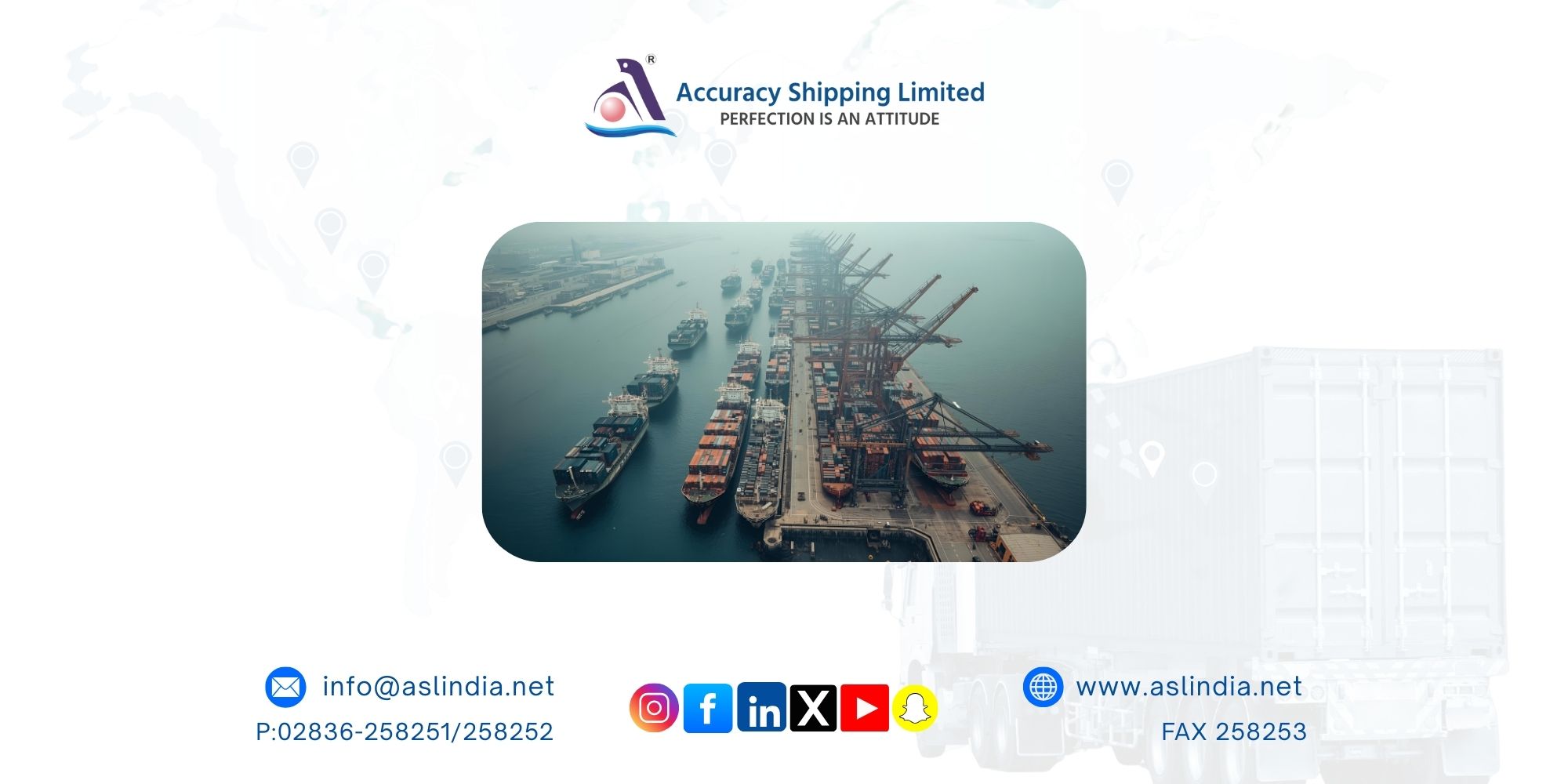40 cargo ships stuck at Salaya after Rajkot IB halts immigration, causing ₹1,000 crore trade loss

Key role of Salaya’s vessels
Gujarat’s traditional wooden mechanised vessels are the backbone of overseas cargo movement for several Indian goods. These vessels, with cargo capacities ranging from 200 to 1,000 tonnes, are crucial for exports to Gulf and African nations. Out of nearly 280 vessels operating from ports like Salaya, Mundra, Porbandar, Mandvi, and Bedi, around 150 belong to Salaya alone making it a vital hub for maritime trade.
The sudden immigration suspension
After the annual maritime vacation ended on September 1, Salaya vessels had just begun resuming operations, with four to five ships cleared for foreign ports. However, in an unexpected move, immigration clearance powers were shifted from Salaya to Rajkot’s Intelligence Bureau (IB) division. Initially, the process continued until September 8, but from September 9 onward, immigration clearances were abruptly stopped without any official explanation.
40 vessels stranded at port
As a direct result, nearly 40 vessels loaded with rice, sugar, peanuts, and other essential commodities are now stranded at Salaya port. These goods, meant for timely export to international markets, represent a trade value of almost ₹1,000 crore. Exporters, who had already transported cargo from across India to Salaya, now face mounting losses as ships remain idle and crews wait indefinitely for clearance.
Why immigration clearance is critical
According to Adam Bhaya, President of the Indian Sailing Vessels Association, any vessel departing from Salaya for another Indian or foreign port must undergo immigration clearance. Since 2015, Salaya and Okha have had dedicated sea check-posts to handle this requirement. With Rajkot IB halting operations, vessels cannot move to Porbandar, Mundra, or other ports because neighboring immigration offices have refused to take responsibility, citing lack of authority.
The impact on trade and shipping
This deadlock has not only caused financial setbacks worth thousands of crores but also disrupted the supply of Indian goods to international markets. Exporters are anxious about contractual delays, vessel operators are incurring heavy operational costs, and crew members remain stranded at sea with uncertainty.
The way forward
Industry voices are urging authorities to immediately restore immigration services at Salaya or assign a nearby port to handle clearances temporarily. Without urgent intervention, the trade loss could escalate further, damaging the reputation of Indian exporters and weakening maritime links with Gulf and African nations.







